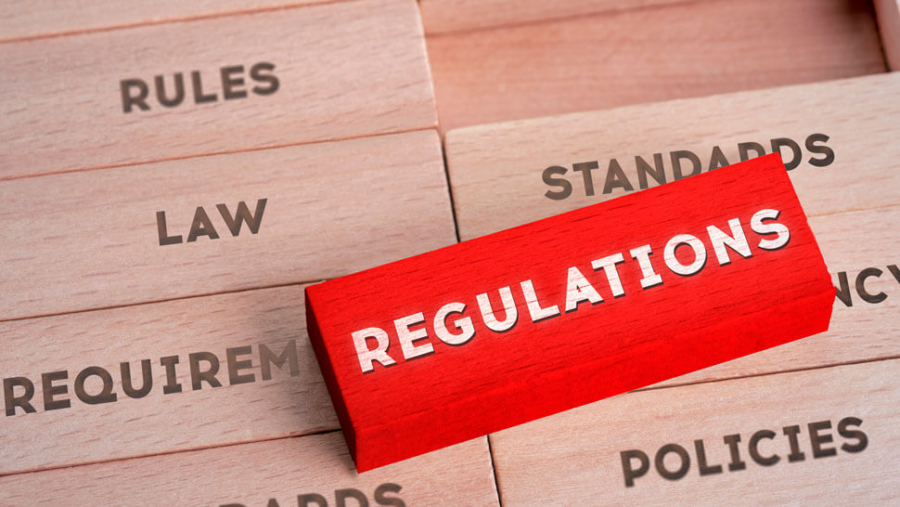
The law, the police, you and your business; Health Protection (Coronavirus Restrictions) Regulations 2020
16th April 2020

In recent weeks, there has been media coverage of examples of police misinterpretation of so-called new powers to combat the spread of coronavirus, and more recently, convictions in court being overturned. So how should you conduct yourself and your business to stay on the right side of the law?
On 26 March 2020, the Health Protection (Coronavirus Restrictions) Regulations 2020 (Health Protection Regulations) came into force.
These are the laws restricting businesses from operating fully or at all; restricting individuals from leaving their homes unless it is for a reasonable excuse, such as shopping for basic necessities or to take exercise and banning gatherings of more than two people in a public place. They will only operate during the emergency period of the pandemic.
On the same day, the Home Office issued guidance on the Health Protection Regulations. That guidance added extra public health elements such as shopping “as infrequently as possible” and limiting exercise to “once a day”.
By 31 March 2020, the National Police Chiefs’ Council had issued clear guidance to police forces based on the Health Protection Regulations but without mentioning the government’s additions.
Unfortunately, some police forces appear to have muddled the contents of the Health Protection Regulations with the government’s guidance, for example including the limit of once a day on individual exercise. So it is perhaps unsurprising that individual officers have tried to prevent activities which are not actually illegal.
What can individuals do to stay within the law?
Put simply, stay at home unless you are leaving home for one of the reasons listed, and do not attend gatherings of more than two people in public. If you don’t, you commit a crime.
The Health Protection Regulations do not:
- restrict an individual’s exercise to once a day
- list individual items of shopping for basic necessities
- set out a distance of two metres to be maintained between individuals.
Should you be arrested for such a reason alone, the arrest may be wrongful.
The vital question, vital in the true sense of the word, is what individuals can do for everyone to stay safe? The answer to that question is to abide by the government’s public health guidance;
- Don’t go out more than once a day to exercise
- Don’t shop for inessential items
- Do maintain a distance of two metres between yourself and other people.
What can businesses do to stay within the law?
Again, abide by the restrictions set out in the Health Protection Regulations. They contain clear lists of different types of business. Each business owner can work out what they need to do by consulting those lists.
If a business breaches those restrictions, it commits an offence. If that offence is committed with the connivance, consent or neglect of a director or manager of the business, he/she commits an offence too.
Local authorities have powers to inspect businesses and enforce the Health Protection Regulations by issuing improvement or prohibition notices. If necessary, local authority officials may call for police assistance in dealing with inspections.
In general, businesses need not report exposure of workers to members of the public who may be asymptomatically and unknowingly carrying the coronavirus under the Reporting of Injuries, Diseases and Dangerous Occurrences Regulations 2013. However, if the exposure results from a “dangerous occurrence” such as a lab worker smashing a glass vial containing the virus or results from “exposure to a biological agent”, such as a healthcare professional diagnosed with COVID -9 after treating patients with COVID-19, such incidents would be reportable.
Where do businesses stand on the two metre distance advice?
Although an individual cannot be arrested for standing within two metres of another person, and the Health Protection Regulations do not mention the two metre advice, businesses (and the self-employed) should take reasonably practicable steps to enforce such distancing. This is because achieving the standards set out in official guidance is good evidence that the Health and Safety at Work Act 1974 duty to ensure the health and safety of workers and members of the public has been discharged.
Individuals or businesses who need help in understanding what is required of them under the Health Protection (Coronavirus Restrictions) Regulations 2020 or other health and safety laws should seek specialist legal advice.










